For decades, the Eurail pass has been the golden ticket for travelers seeking to explore Europe by rail. While these passes offer incredible value, there exists a web of unspoken rules and lesser-known strategies that can make the difference between an ordinary trip and an extraordinary continental adventure.
The reservation trap catches countless first-time Eurail users off guard. What many don't realize is that the pass itself only covers the base fare - certain high-speed and international trains require compulsory reservations that can cost €10-€30 per segment. These fees add up quickly, sometimes turning what seemed like a bargain into a mediocre deal. Savvy travelers have learned to mix reserved trains with regional routes where reservations aren't needed, creating a more flexible and economical itinerary.
Seasoned Eurail veterans know that the real magic happens when you embrace slower regional trains. While these might take an hour or two longer than their high-speed counterparts, they frequently pass through stunning landscapes the bullet trains bypass entirely. The local train from Salzburg to Innsbruck, for instance, winds through the Austrian Alps offering panoramic views no guidebook adequately captures. Better still, these trains rarely require reservations, meaning spontaneous detours to that charming village you just spotted become possible.
One of the best-kept secrets in Eurail travel involves strategic overnight routes. Many travelers don't realize that if you board a direct overnight train departing after 7 PM, you only need to use one travel day to cover both that evening and the following day of travel. This clever trick effectively gives you two days of transportation for the price of one. The night train from Paris to Venice perfectly illustrates this - fall asleep watching the Eiffel Tower fade into the distance and wake up to Venetian canals, having conserved both time and a precious travel day.
Border-hopping strategies represent another area where informed travelers gain significant advantages. The pass works on a 24-hour calendar day basis (midnight to midnight), not a 24-hour period from when you first validate it. This means you can take an early morning train from Munich to Salzburg (Austria), spend the day exploring, then catch an evening train to Zurich (Switzerland) - effectively visiting three countries while only burning one travel day. This technique works particularly well in central Europe where countries are smaller and connections frequent.
Many travelers overlook the ferry inclusions hidden in certain Eurail passes. Select passes include free or discounted ferry crossings that open up entirely new dimensions to a European journey. The pass covering Greece, for example, includes deck passage on Hellenic Seaways between Athens and its stunning islands. Similarly, the Scandinavia pass offers discounts on Baltic ferries between Sweden and Finland. These maritime connections allow travelers to craft itineraries that would otherwise require expensive separate tickets.
A critical but often misunderstood aspect involves the calendar versus continuous pass distinction. Calendar passes count consecutive days whether you travel or not, while flexible passes let you choose specific travel days within a longer period. First-time visitors often default to continuous passes, not realizing that most people don't travel every single day - they need rest days, extended city stays, or simply get delayed by that irresistible little café in Brussels. The flexible pass frequently offers better value once you account for these realities of travel.
The family plan loophole remains one of Eurail's most generous yet underutilized benefits. When two adults travel together with a Eurail pass, up to two children (aged 4-11) can travel with them completely free. This isn't some limited promotion but a permanent feature that can save families hundreds of euros. Even more remarkably, this applies to seat reservations too - meaning those compulsory fees for high-speed trains get waived for the kids as well.
Seasoned Eurail travelers have learned to exploit the first-class upgrade in clever ways. While second-class passes work perfectly fine, upgrading to first class often costs less than people expect - sometimes as little as €20-€30 per day. On longer journeys, this small premium buys not just more space but often includes amenities like power outlets, complimentary newspapers, and sometimes even light meals. On certain routes like the Swiss Glacier Express, first class means panoramic windows that transform the journey into a moving postcard.
Perhaps the most valuable hidden rule involves understanding what counts as a travel day. Many travelers don't realize that you can take multiple trains within a single calendar day while only using one travel day from your pass. This means you could theoretically take an early train from Paris to Brussels, another to Amsterdam, and a third to Berlin - crossing four countries while only deducting one day from your pass. While this makes for an exhausting itinerary, it demonstrates the incredible flexibility built into the system.
The Eurail pass system contains enough nuances and hidden opportunities to fill a small guidebook. Those who take the time to understand its intricacies find themselves gliding between countries with an ease that seems almost magical to the uninitiated. Like any complex system, mastery comes not from the rules printed in brochures, but from the unwritten knowledge passed between travelers who've learned to make the rails truly work for them.

By Sophia Lewis/Apr 11, 2025
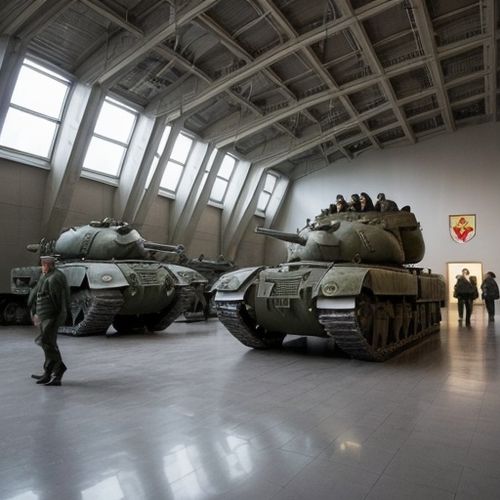
By Joshua Howard/Apr 11, 2025

By Grace Cox/Apr 11, 2025

By George Bailey/Apr 11, 2025

By Samuel Cooper/Apr 11, 2025
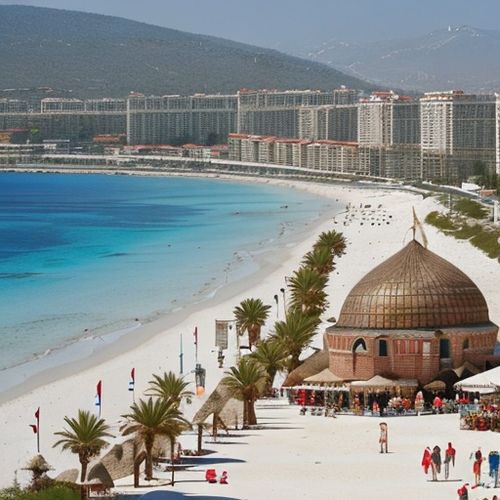
By Sophia Lewis/Apr 11, 2025

By Megan Clark/Apr 11, 2025
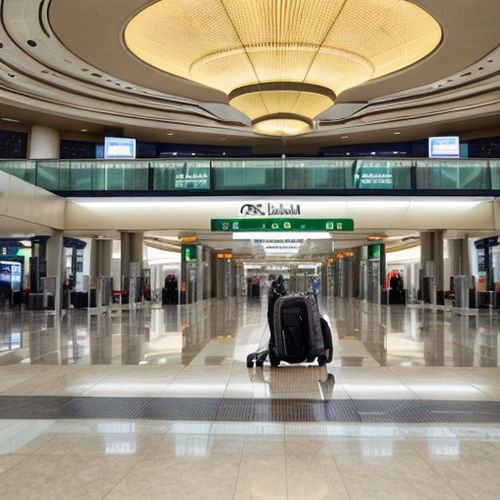
By Lily Simpson/Apr 11, 2025

By Samuel Cooper/Apr 11, 2025
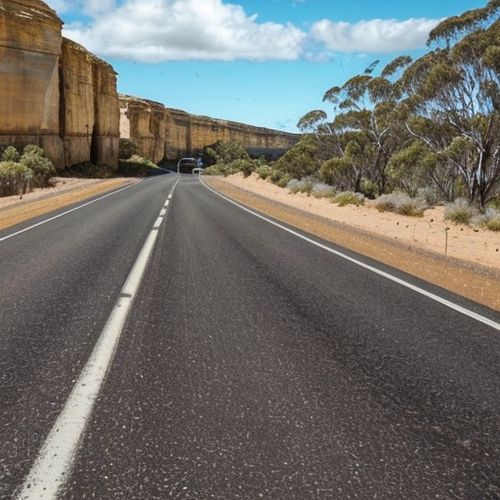
By Noah Bell/Apr 11, 2025

By Ryan Martin/Apr 11, 2025

By John Smith/Apr 11, 2025
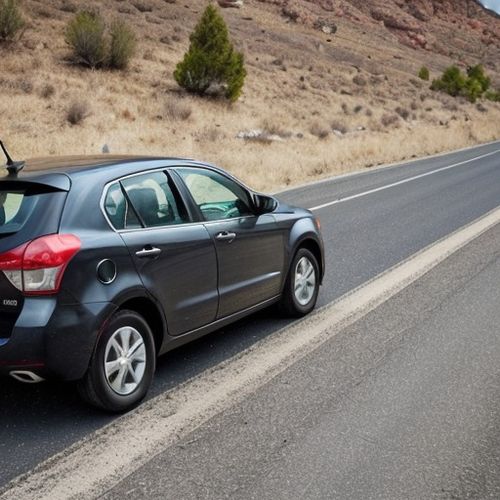
By James Moore/Apr 11, 2025
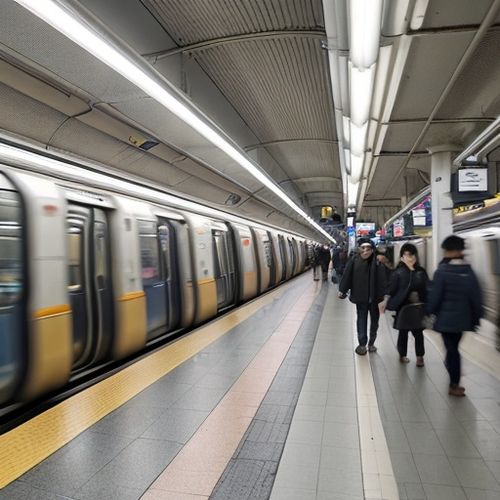
By Lily Simpson/Apr 11, 2025
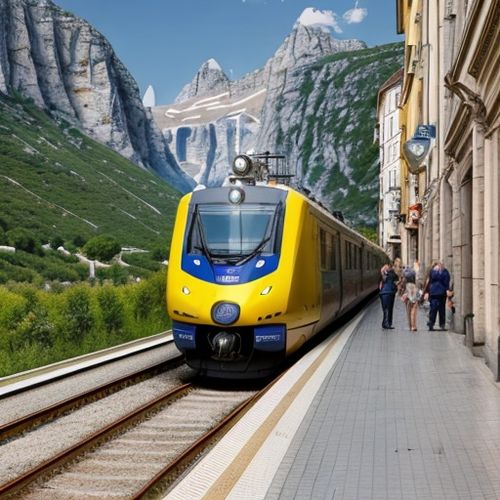
By Thomas Roberts/Apr 11, 2025

By Jessica Lee/Apr 11, 2025

By William Miller/Apr 11, 2025

By Elizabeth Taylor/Apr 11, 2025

By Christopher Harris/Apr 11, 2025
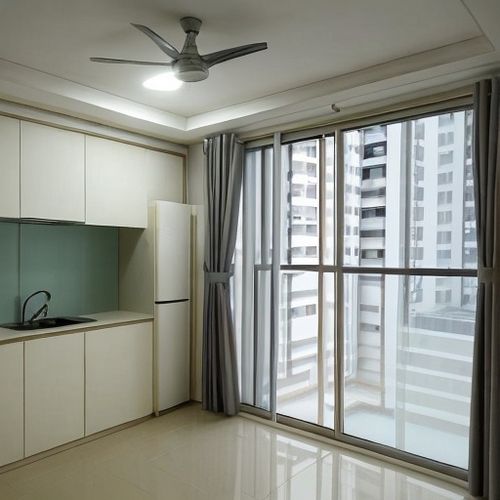
By Eric Ward/Apr 11, 2025